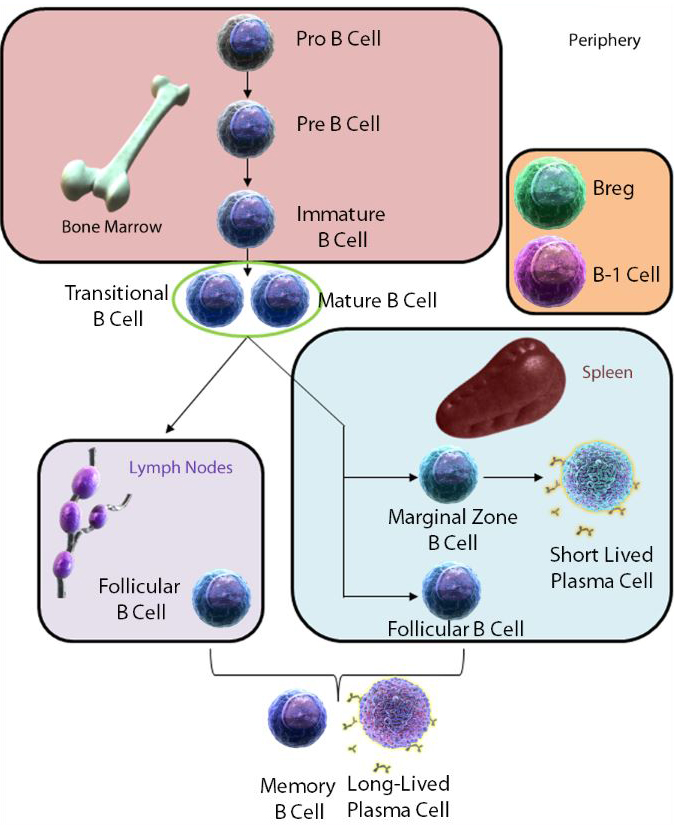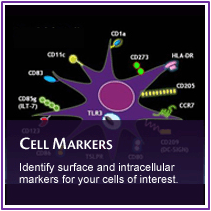Datum perficiemus munus
We shall accomplish the mission assigned
There have been conflicting reports for the role of B cells in cancer. Some animal models with B cell knockouts show enhanced protection from tumor development. B cells are also capable of exacerbating inflammation. However, B cells can also promote anti-tumor responses. They are required for optimal T cell activation and costimulation. In particular, their antigen presentation abilities can induce tumor-specific cytotoxic T cell activation. Antibody production can also lead to opsonization of target antigens in tumors.
More research is being conducted into the role of B cells in transplant rejection. Like in cancer, B cells can either positively or negatively regulate graft rejection depending on the type of allograft. While antibodies may contribute to rejection, regulatory B cells may be expanded to promote tolerance.
Previous studies have revealed that B cells and even antibodies are present within wound tissue. In a mouse model, CD19 (a common mature B cell marker) deficiency inhibited wound healing, infiltration of neutrophils and macrophages, and cytokine expression. On the other hand, CD19 overexpression enhanced wound healing and cytokine expression. B cells have also been shown to recognize Hyaluronanin wounds, which is an endogenous ligand for TLR4, stimulating them to make IL-6 and TGF-β in a CD19-dependent manner.

References:
1. Candolfi, M. et al. 2011. Neoplasia. 13:947.
2. Dalloul, A. 2013. Front. Immunol. 4:444.
3. DiLillo, D.J. et al. 2010. J. Immunol. 184:4006.
4. DiLillo, D.J. et al. 2011. J. Immunol. 186:2643.
5. Iwata, Y. et al. 2009. Am. J. Pathol. 175:649.

 Login / Register
Login / Register 


















Follow Us